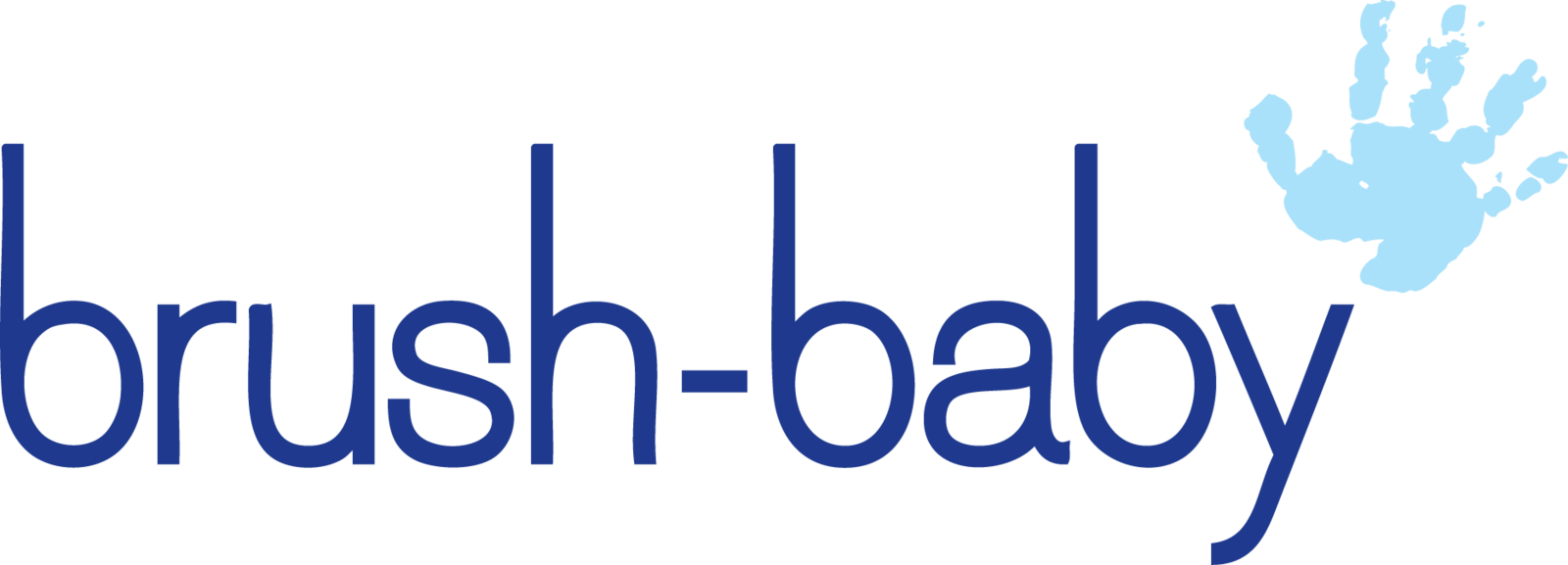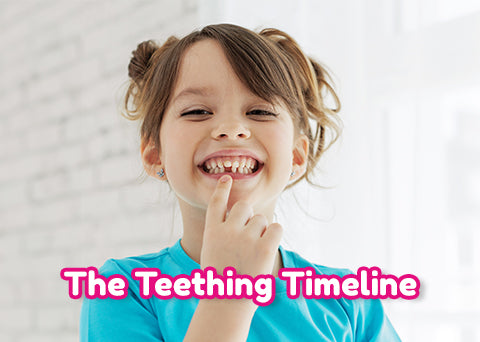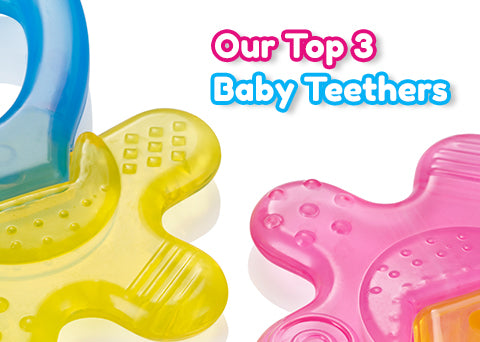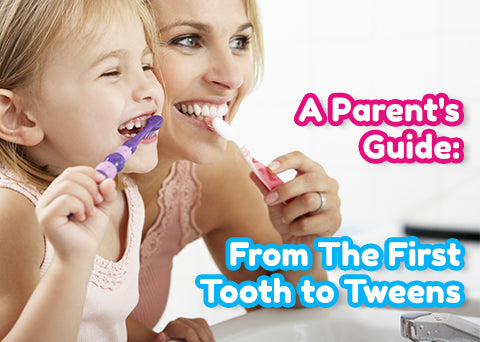Say Goodbye to Baby Teeth: When Do They Start Falling Out?
As a parent, one of the first milestones that we look forward to is seeing our baby’s first tooth. But as soon as they start popping up and we buy baby’s first toothbrush, the questions start to enter our minds. How do we care for them? Which kids toothbrush should we buy? Is there such a thing as toddler toothpaste? When should we take them to the dentist? And, most importantly, when do they start to fall out?
The answer: it varies from child to child, but most kids start losing their baby teeth between the ages of five and seven. Let’s dive into why baby teeth are important, what happens to replace them, and what signals to look for to determine when your child is ready for their permanent set.
Why are baby teeth important?
Baby teeth play an essential role in your child’s dental development. They help your child chew comfortably, speak properly and lay the foundation for their permanent teeth. It's crucial to care for baby teeth to avoid tooth decay and maintain your child's overall dental health, by brushing them using an age-appropriate toothbrush (you can buy a baby toothbrush, toddler toothbrushes and kids toothbrushes for older kids here).
When should baby teeth start falling out?
The actual timing of when baby teeth fall out varies from child to child but as mentioned earlier, most kids start losing their baby teeth between the ages of five and seven years old. In some cases, the first tooth can be lost as early as four years old, while others may hold onto their baby teeth until they're nearly eight years old.
What happens to replace the baby teeth?
As permanent teeth start to grow underneath it pushes the roots of baby teeth up and ultimately falls out. By the age of 12-13, most children will have all of their permanent molars and incisors.
How can you tell when your child's baby teeth are ready to fall out?
Your child’s baby teeth will typically tell you when it's time for them to come out. Here are some signs that will notify you:
Loose teeth: As the permanent teeth start to grow, the roots of the baby teeth will start to dissolve, and the baby teeth get loose. You may notice as you help your child to brush their teeth with their kids toothbrush that a tooth feels loose.
Discoloured teeth: A change in the colour of the baby teeth can signify that they are about to fall out.
Double teeth: When the permanent tooth starts growing behind the baby teeth, your child may have two sets of teeth for a brief time.
There’s no one perfect age for a child to lose their baby teeth. It all depends on the child's development. Remember to keep a good eye on your child’s dental health, teach them to care for their teeth properly, using an age appropriate children’s toothbrush and kids toothpaste and maintain healthy eating habits. The big takeaway here is to remember that losing baby teeth is a natural and exciting part of the growth and development of your child's teeth. Experiencing this alongside them and feeling confident and informed is an important part of parenting.
